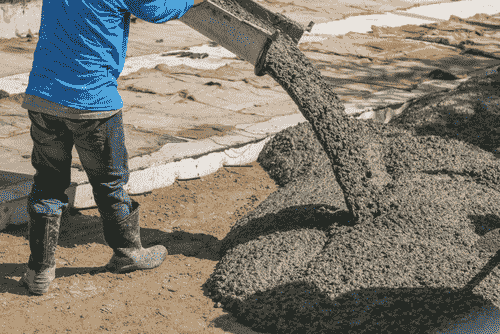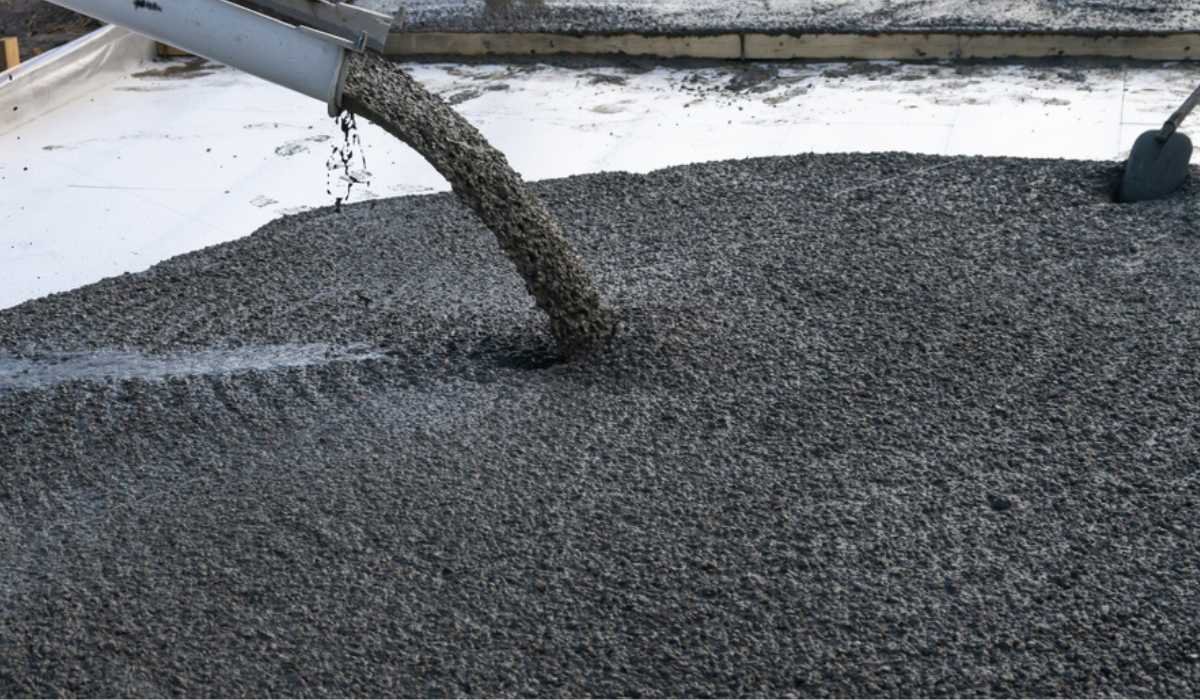Revealing the Eco-Friendly Advantages of Utilizing Recycled Concrete in Lasting Construction Practices
In the world of lasting construction techniques, the utilization of recycled concrete stands as an essential yet typically underestimated resource. Beyond its traditional applications, recycled concrete deals a myriad of green advantages that extend much past the boundaries of traditional building materials.
Ecological Benefits
Undoubtedly, one of one of the most considerable benefits of making use of recycled concrete is its positive influence on the atmosphere. By including recycled concrete right into building techniques, there is a considerable decrease in the demand for new resources, causing preservation of all-natural sources. This procedure assists in preserving accumulations, water, and energy that would certainly have been made use of in creating new concrete. Additionally, making use of recycled concrete diminishes the amount of waste being sent to landfills, thus reducing environmental pollution and minimizing the pressure on garbage dump capacities.

In comparison, recycled concrete has a lower carbon impact as it minimizes the need for new concrete production. Overall, the ecological benefits of utilizing recycled concrete are substantial and play an important role in promoting eco-friendly construction methods.
Cost-Efficiency
Accomplishing cost-efficiency is a critical factor to consider when evaluating the usage of recycled concrete in construction jobs. Among the crucial benefits of utilizing recycled concrete is its cost-effectiveness compared to standard concrete. The production of recycled concrete involves less power and resources as it makes use of existing products, decreasing the overall project prices considerably. In addition, the availability of recycled concrete in your area can better lower transportation expenses, making it a much more economical selection for construction tasks.
Furthermore, using recycled concrete can result in financial savings in land fill expenses by drawing away concrete waste from disposal sites. This not just decreases the ecological influence but likewise eliminates the costs connected with waste removal. The longevity and performance of recycled concrete are similar to traditional concrete, guaranteeing that price savings do not jeopardize the quality of the building and construction.
Toughness and Toughness
Considering the significant cost-efficiency benefits of utilizing recycled concrete, it is crucial to examine its sturdiness and toughness in building applications. Recycled concrete deals comparable, otherwise remarkable, resilience and toughness residential or commercial properties to typical concrete. Through developments in handling strategies and top quality control, recycled concrete can satisfy or exceed the performance standards of standard concrete. The process of recycling concrete involves crushing, arranging, and evaluating old concrete to create accumulations that can be utilized in brand-new construction jobs. These recycled accumulations can supplying satisfying compressive strength, durability, and long-term efficiency.

Waste Reduction
Efficient waste decrease techniques play an essential duty in the sustainable usage of sources within the building and construction market. When it pertains to utilizing recycled concrete, waste decrease is a vital benefit that contributes substantially to ecological conservation. Standard building techniques commonly generate considerable quantities of waste, especially in the form of concrete debris from demolition sites. By integrating recycled concrete into building jobs, this waste is repurposed and drawn away from garbage dumps, minimizing the overall environmental influence of construction activities.
In addition, the usage of recycled concrete can lead to set you back financial savings for construction jobs, as it is typically extra economical than sourcing and carrying new products - Concrete. In conclusion, waste decrease through the application of recycled concrete is an essential element of sustainable construction practices that benefits both the environment and the building industry as a whole.
Power Conservation
When it comes to utilizing recycled concrete in construction, significant power financial savings are achieved compared to conventional concrete manufacturing. The process of creating recycled concrete includes recycling and crushing existing concrete products, which eats less energy than mining, processing, and transferring raw products for new concrete production.
Conclusion
To conclude, the application of recycled concrete in lasting building and construction techniques provides countless environmental benefits, cost-efficiency, durability, stamina, waste decrease, and energy preservation. By integrating recycled concrete right into construction jobs, we can contribute to an extra eco-friendly and sustainable future. It is important for the building sector to focus on using recycled materials to aid decrease the environmental influence of building use this link activities.
One of the vital benefits of using recycled concrete is its cost-effectiveness compared to conventional concrete.Moreover, the usage of recycled concrete can lead to cost savings in landfill costs by drawing away concrete waste from disposal websites. The sturdiness and performance of recycled concrete are comparable to standard concrete, ensuring that expense financial savings do not compromise the next page high quality of the building.
